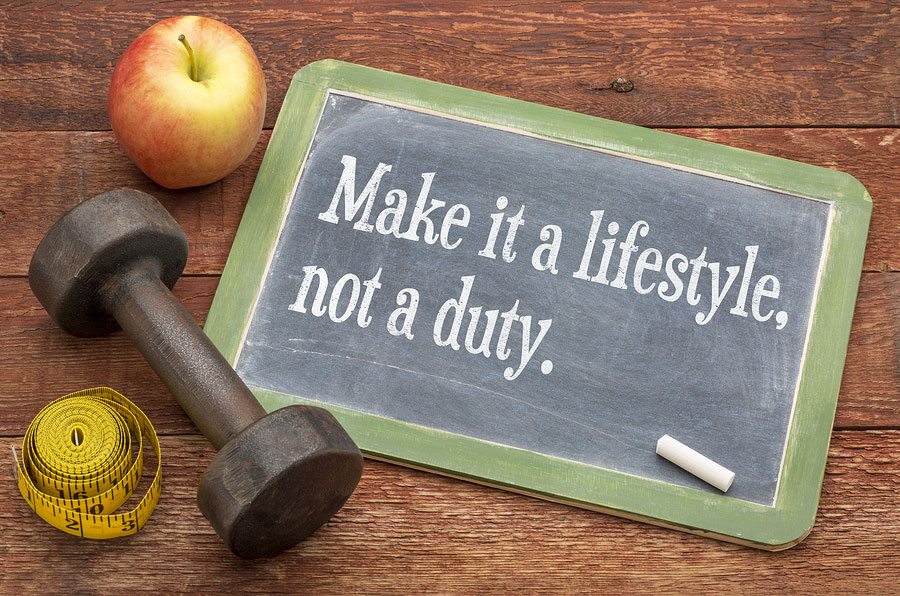Varicose veins can cause so much pain and misery to those who suffer from it.
But there are options available to help manage your symptoms, prevent further vein deterioration and some that can heal varicose veins all together:
What Are Varicose Veins?
Varicose veins are enlarged veins that are twisted or misshapen, they are often blue or purple veins in the leg that look twisted and bulge from the skin.
Varicose veins can cause severe pain and discomfort.
This happens most commonly in the legs and feet as standing can cause excessive pressure on the veins and sitting can cause impaired circulation.
Both of these along with genetic factors can cause varicose veins.
Treatment Options

There are ways you can prevent and help treat your varicose veins, some of these treatments are more effective than others.
You should always check with your doctor to make sure your varicose veins are not too severe to treat yourself.
Here are some lower key, yet effective ways to treat your varicose veins:
Lifestyle Changes
Unfortunately, varicose veins are, amongst other things, a symptom of something about your lifestyle that is not working for your body.

There are some lifestyle adjustments you will have to make:
Healthy Body Weight
Getting to a healthy body weight is about much more important than being skinnier, it’s also vital to your overall health.
Of course, it helps for varicose veins too, because the more you weigh, the more pressure is on those weakened veins and the more you will be in for sure.
Your weight-loss should strive to lose weight in a healthy and attainable way.
This is one of the best things you can do for your health onwards.
Anti-Inflammatory Diet
A diet that is high in refined foods and low in fiber has been linked with not only concerningly high levels of inflammation, but it has also been found to be unanimous with a large number of patients suffering from varicose veins.
Therefore an anti-inflammatory diet will help alleviate the symptoms of varicose veins as well as assist in maintaining a healthy weight.
Exercise
Exercise will improve your body’s circulation, yes, but most exercises can put more strain on the body and that can do you more harm than good.

Low impact exercises will be every bit as good for your body and circulation, without the added inflammatory reaction that traditional exercise can cause.
Great exercises are walking; swimming or some gentle yoga.
Wear The Right Shoes
Many people don’t realize what a big impact your shoes make on our health.
Shoes that fit properly and don’t offer your body the right support can lead to impaired circulation (a big problem for anyone with varicose veins) joint pain, back pain, consequent muscle pain and the deterioration of those tissues.
The right shoes should fit properly and offer support for your feet.
You could also get some orthotic insoles for all your shoes for extra support.
Elevate Those Feet
Whenever you aren’t walking (Which you should do 30 mins of a day) and you are sitting or laying down, be sure to elevate your feet to improve circulation.
Wear Compression Stockings
Compression socks are wonderful for varicose veins.
They help by applying a certain amount of pressure to the legs that help to maintain steady blood flow and increases circulation.
They are a little pricey but they are definitely worth the investment.
Treatment Options for Varicose Veins
Supplements & Natural Remedies
There are certain supplements and remedies that you can use to alleviate your varicose veins, but you should always check with your doctor before using any of them.
- Vitamin C – Reduces Inflammation, whilst boosting the production of collagen and elastin, which in turn will strengthen the veins.
- Vitamin E – Improves circulation and helps boost vein health.
- Vitamin B – A powerful vitamin that strengthens your blood vessels and veins.
- Vitamin K – When applied topically this will strengthen your capillaries.
- Cayenne Pepper – one of the greatest supplements for your varicose veins, in theory at least, as it protects the walls of blood vessels, is anti-inflammatory, helps poor circulation and helps to relieve pain.
- Apple Cider Vinegar – Has astringent properties that could help shrink the affected veins. (can be used topically or taken orally)
Medical Procedures
Sometimes varicose veins can be stubborn or much too severe and self-treatment is then no longer an option.
There are mainly two types of medical procedures used to remove varicose veins:
Vein Stripping
Vein Stripping is when your varicose veins are surgically removed by several incisions near the affected vein and one in the groin area where a plastic thread will be inserted, tied to the vein and pulled through to remove it from your body.
This procedure is risky; it can cause heavy bleeding and blood clots and it also needs to be done under general anesthesia.
Risky yes, but it’s also the only procedure most doctors know and therein lies the real risk.
Vein stripping is used as a last resort and is primarily for large and problematic varicose veins.
Endovenous Laser Therapy
Endovenous Laser Therapy ( EVLT) is a relatively new (it’s been around for 10 years), innovative, and non-surgical procedure that is FDA-approved.
This method treats less severe varicose veins before they become a major problem.
The treatment needs a local anesthetic, (similar to those that dentists use) and can be done in more or less 15 minutes.
What they actually do is insert, using an ultrasound-guided technique, a millimeter wide laser fiber into the vein that is affected and this causes the body to retract the vein over time.
Your other veins take over the blood flow and because it’s minimally invasive you can resume regular activities pretty much right away.

